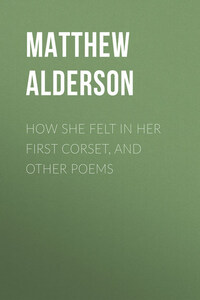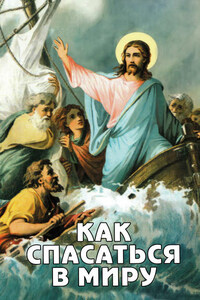How She Felt in Her First Corset, and Other Poems

Книга "How She Felt in Her First Corset, and Other Poems", автором которой является Matthew Alderson, представляет собой захватывающую работу в жанре Зарубежная старинная литература. В этом произведении автор рассказывает увлекательную историю, которая не оставит равнодушными читателей.
Автор мастерски воссоздает атмосферу напряженности и интриги, погружая читателя в мир загадок и тайн, который скрывается за хрупкой поверхностью обыденности. С прекрасным чувством языка и виртуозностью сюжетного развития, Matthew Alderson позволяет читателю погрузиться в сложные эмоциональные переживания героев и проникнуться их судьбами. Alderson настолько живо и точно передает неповторимые нюансы человеческой психологии, что каждая страница книги становится путешествием в глубины человеческой души.
"How She Felt in Her First Corset, and Other Poems" - это не только захватывающая история, но и искусство, проникнутое глубокими мыслями и философскими размышлениями. Это произведение призвано вызвать у читателя эмоциональные отклики, задуматься о важных жизненных вопросах и открыть новые горизонты восприятия мира.







